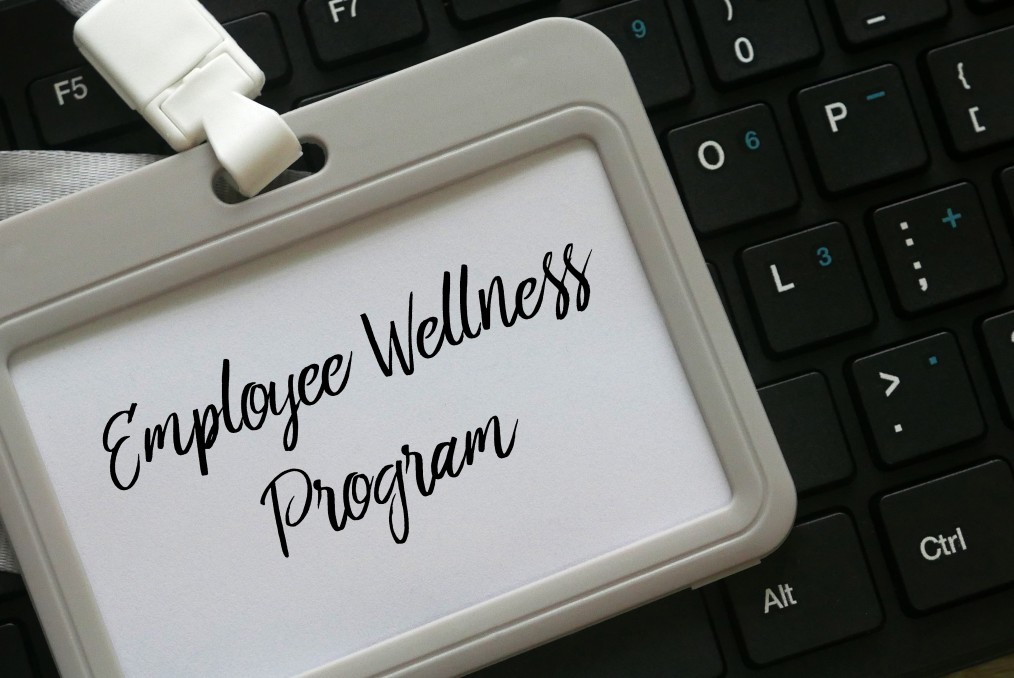Written By: Ungender Blog Team
Suhail Vadgaokar, is Director, People Operations at the Urban Company. His work spans talent acquisition & HR business partnering. In conversation with Ungender Legal Advisory’s CEO and Founder, Pallavi Pareek, Suhail talks about how ensuring the basics such as time-off, constant communication, employee appreciation and awareness of mental health is vital to HR and organisational success.
Pallavi: From a human resource perspective. how complex and complicated is the workplace scenario for the Urban Company?
Suhail: There are two aspects of it.
What’s important to understand is that our partners, nearly 30,000 partners on the platform, are not our employees. They are individual contributors and they sign-up to work exclusively with UC. Despite the fact that they aren’t employyes, we still have a responsibility towards them. We have to ensure that they are taken care of. We’ve got an entire partner management ecosystem that handles that and that is called the partner experience team.
As HR, we actively manage an employee count of 1,200 which is apart from our partners.
Pallavi: How complex is this? How many different categories of employees exist?
Suhail: While we are not directly involved, we have a whole system that handless our business side. Every city has a team which is divided, based on categories. To join as a partner, you have to fill an application, you are then evaluated. Once you join, you are trained for about 10 days.
We ensure that a background verification is done, documentation is done. The safety aspect is vital because partners work at a customer’s home. During lockdown, UC spent time improving our safety, our partners’ safety, equipping them with all the material that they would need to ensure that customers are mentally satisfied that they are getting the highest level of safety.
Pallavi: What “workplaces” are considered, especially when you are designing policies and guidelines?
Suhail: When we started, it was always customer first, so we built a whole ‘customer experience’ support center.
However, as our partner base grew, there were issues that cropped up where partners sometimes felt under threat. Very early in our journey, we realised that there was a need for support operations towards customer delivery.
We worked on building a safe experience for partners and an easy experience. We built a support center, then we moved to online payments, then payment automation, right payment solutions and ensuring that they that customers or partners always had clarity on what that means. Then we added things like ratings.
There are partners who trust us, women partners for example, on our platform.
Salon partners who deliver jobs, even at 6 p.m. or 7 p.m. in the evenings, for instance, have valid safety issues. We have a great built-in safety system where partners can reach out immediately, we don’t even ask questions. We mediate immediately and ensure that the customers is communicated with.
Most of this policy has been has been built through our learning.
Pallavi: So what are the challenges in your journey towards ensuring partner safety? And customer safety?
Suhail: The largest challenge is actually, you know, getting people to practice what they have been taught in the training. We train a partner on certain safety aspects, for instance.
For example, as a customer, when you book a service a certain partner is assigned. Sometimes somebody else lands up for the job. That’s a big issue.The designated partner has sent someone else to do the job! When this began to happen, we started the selfie check that at the start of every job, the partner has to take. And even at this moment, to ensure that they are wearing their masks and the gloves, we ensure that the selfie check is done and the customer has to rate the partner on hygiene and safety. One of the good things about going to an extended training is that, you are able to then handpick the people who can deliver the best performance. While there is a service delivery aspect, there is of course, an attitude and behavioural aspect. In the future training will be technology driven, meaning the partner will need certain level of familiarity with technology.
Pallavi: It’s not possible to execute everything online though. Especially service delivery, one has to actually physically have a person do home cleaning. There’s no other way…
Suhail: The moment we went into lockdown, we had to shut down the services and this was true for a lot of companies, we were no different. But every sort of adversity throws up an opportunity.

The lockdown started on the 24th of March, we actually moved to working from home on the 13th of March. Everyone started to settle into the routine of working from home which initially was super exciting and then suddenly, people started to get jaded…
Some staff who live on their own, whose entire social circle was office friends, people who were dependent on meals at the office, they began finding it diffiuclt. We started a care programme for people. We actually had to do these things on the fly. We were able to build a list of all the people who lived alone, they were away from their homes.We then created an empathiser team of 25 who became care givers for five people who were alone. It worked through whatsaapp groups.You don’t need to talk to every person on a daily basis, but just check in, see how they’re doing. We had an employee who was asked to leave her residence in the middle of the lockdown. We had someone who had fallen ill and did not know how to get to a doctor. We now have a medical partner who can be teleconsulted.
Pallavi: Have you come up with work from home policies?
Suhail: We’ve extended work from home till the 31st of December.
We’ve told everyone that you need to take either one Monday or one Friday off in a month and switch off. We’ve realised that the boundaries between work and our professional and personal life are blurring. This has led to people having mental health issues. We have a COVID help desk as well.

We had some new HR policies — like no phone calls before 10 am, no meetings, and none after 7 p.m. We also then came up with the whole Paid Time Off (PTO) concept, we are measuring it and also getting feedback. We ask, “are you able to switch off? If not then identify, you know who your boss is and let that person know”.
We are pretty good at ensuring that we’re always capturing feedback on any policy. We apply the concept of NPS with our employee, at the end of the day. We are their customer.
Conduct is a SaaS solution for D&I and PoSH compliance that helps an organisation measure and understand empployee diversity in a company from groundup, request for early access now.
Pallavi: The COVID-19 scenario has resulted in many revelations. What are those revelations for you from an HR lens?
Suhail: Mental health. As human beings, we are not used to being locked up. That’s why prison is prison. This pandemic has been a punishment..people are feeling the stress of being at home, being connected to just a computer, this is where mental wellness has become very important.
We do provide our employees medical and health insurance, however, we also provide something for their mental wellness. We also did this for our partners.
Pallavi: Have you seen small-scale entrepreneurs, especially women feeling the brunt of this whole COVID-19?
Suhail: During the lockdown, a lot of partners also moved away from the cities, many of them are migrants. We were able to go live with repair services quickly, but beauty services which have more women professionals was affected. Women are not very comfortable with the idea of moving back to the city just yet.
Pallavi: What are the three things from an HR perspective that companies should start putting in place?
Suhail: I think it’s very important to ensure that people are getting time off. I’m pushing people to take small vacations, etc. I think we’re at a stage where we can at least travel a few hundred kilometers from where we are. Burnout is much higher now because people are not social anymore. Communication is very important and one has to also ensure that people know what is going on in the business. People are worried about jobs. It’s important for CEOs, CFOs andVPs, to keep talking to everyone, saying that this is what is happening in the business.
The third is constantly appreciating people. Publicly bringing up good work as examples, it motivates the person who’s getting called out. It also inspires people to put their best foot forward.
You can watch the whole video on FBLive here.
Video Highlights
10:12 – HR structure at Urban Company
18:45 – Safety Measures for Partners and Customers
30:14 – The Importance of Extended Training
50:38 – Mental Health Measures
60:10 – Women Professionals at Urban Company
60:12 – Getting the Basics Right
Also #MustRead:
D&I Results In High Return On Investment, Says Shiben Moitra, Senior HR Director, IQVIA
Yashmi Pujara: Diversity In Action Is Inclusion
Ungender Insights is the product of our learning from advisory work at Ungender. Our team specializes in advising workplaces on workplace diversity and inclusion. Write to us at contact@ungender.in to understand how we can partner with your organization to build a more inclusive workplace.










